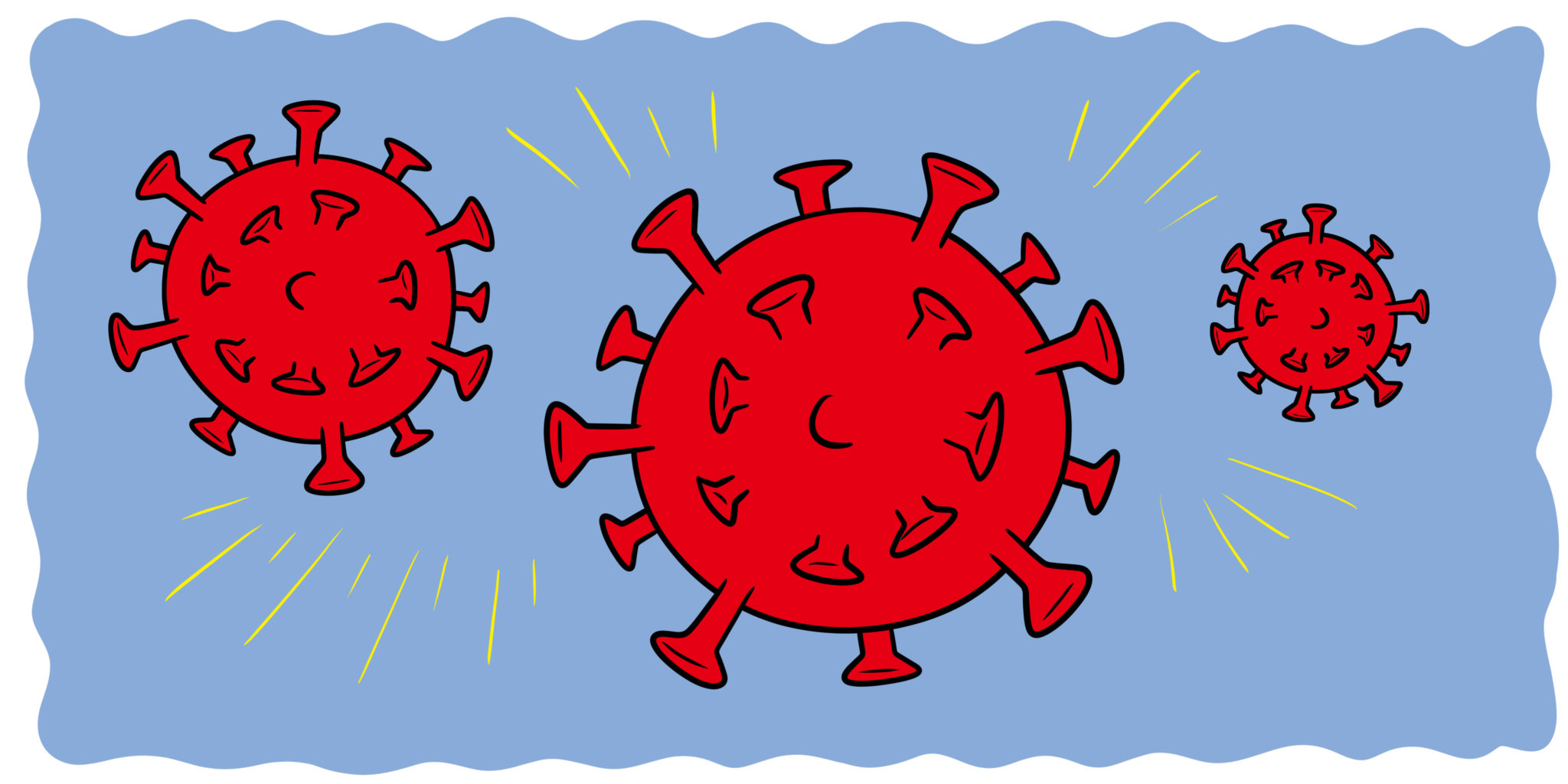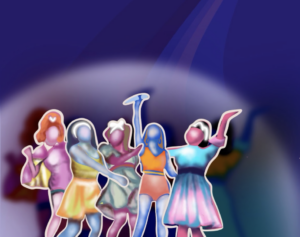This piece appears as part of our On The Pandemic column, featuring commentary about the COVID-19 pandemic from a diverse set of voices.
When colleges are deciding whether to have students return to campus in the fall, LGBTQ+ students cannot be forgotten.
College campuses are integral to the development of LGBTQ+ students. College is often the first time queer students are able to fully escape unaccepting parents. During high school, I slowly began to come out of the closet and had a few LGBTQ+ friends, but I lacked comfort in my identity. Georgetown has been an oasis for me; it has allowed me to start with a clean slate as a gay man. I have learned that I am not as alone as I thought I was in high school through meeting and interacting with other LGBTQ+ Hoyas at events in the LGBTQ Resource Center, at LGBTQ+ parties, or after alluding to my queerness in class.
My situation at home is amazing, with parents and siblings who love me for who I am. My experiences living on a college campus in Washington, D.C. and in suburban New Hampshire, however, are worlds apart. On campus, it feels like it does not matter that I am gay; it is just part of my identity. In New Hampshire, I still feel a slight taboo associated with being out and proud. I do not face discrimination in my community, but the suburbs do not provide the same feelings of acceptance I get at Georgetown.
As the only LGBTQ+ member of my family, I miss the community a college campus provides, and with uncertainty surrounding the fall semester, it feels like there is no end in sight to the Georgetown LGBTQ+ community being apart. I miss my LGBTQ+ friends who understand and can validate my experiences. Moving to college allowed me to fully embrace my queer identity; being at Georgetown has let me leave behind the comments about my clothing, voice, and body language that were an almost daily occurrence in high school and instead focus on building relationships with other LGBTQ+ Hoyas. Returning home brings back the memories of hiding my identity, and I cannot begin to imagine what this experience is like for my closeted peers.
College is a critical time to explore identity. Going off to college is often the first time people can explore themselves without their parents’ judgment, and gender and sexuality are a major part of this process for LGBTQ+ students. Colleges are not solely degree-granting institutions, but also creators of innumerable formative experiences for their students as they grow into the people they are meant to be. College campuses create an environment where LGBTQ+ students can live openly, build a community, and finally accept themselves. If Georgetown forces students to continue taking virtual classes this fall, Georgetown strips queer students of the experience they signed up for. This would stifle the thriving LGBTQ+ community, of all races and classes, that I have been able to learn, live, and grow with. LGBTQ+ students need the support a college campus provides.
Some colleges may take steps to remedy this, as the Georgetown LGBTQ Resource Center has done this spring. They may decide to hold virtual events for LGBTQ+ students to replace events which would happen on campus, but this is not enough. Students who are out on campus but closeted at home may not be able to take part in virtual events without potentially outing themselves to their parents. Additionally, students who are closeted while on campus are not likely to push themselves out of their comfort zones to engage with the Georgetown LGBTQ+ community while at home. A lack of privacy at home, snooping parents, or needing to lie should not prevent a student from taking part in activities meant to support them.
Aside from these obstacles for closeted students to participate in virtual LGBTQ+ events, the virtual format detracts from the community-building aspect of these events. The nature of virtual gatherings prevents most one-on-one small talk. Without being able to have informal conversations with other students to create friendships, talk about a party, or ask someone out on a date, an insufficient community is being built.
Once closeted students are removed from campus, they also lose access to the necessary support systems not enjoyed at home. LGBTQ+ students need much more than academic and financial support; they also need social and emotional support as they learn to value their own identity and express themselves authentically. While the Georgetown LGBTQ Resource Center has continued programming in the virtual environment and CAPS services are free to students through the end of 2020, this is not a remedy to sending students home and cannot compare to on-campus community building.
If colleges continue to function virtually in the fall, they must continue to ensure resources are in place to support LGBTQ+ students who cannot safely be out at home, such as social events, office hours with professional staff, and conversations about queer issues. There must be opportunities for students to reach out to faculty and staff through email and text, and students should be able to do so anonymously. Colleges must construct these programs with closeted students in mind to allow LGBTQ+ students who wish to remain closeted at home to do so.
Living on campus is not just helpful for closeted LGBTQ+ Hoyas, but for all LGBTQ+ Hoyas. By being openly gay on campus, I am able to help normalize the LGBTQ+ community for students who may not fully understand it. I am able to help build a community for LGBTQ+ students just by showing up. I am able to work together with other LGBTQ+ students to ensure that university policies do not unfairly target LGBTQ+ students. Being stuck at home drastically diminishes the opportunity my peers and I have to build the vibrant and visible LGBTQ+ community on campus that so many closeted students need.
Colleges must acknowledge the formative role they play in the lives of all students, but especially in those of LGBTQ+ students. The experiences I have from being LGBTQ+ at Georgetown and the lessons learned through those experiences cannot compare to taking classes from my bedroom in New Hampshire. Being stuck at home for another semester without on-campus support will prevent me and my LGBTQ+ peers from growing and strengthening each other, and it will force some to stay in the closet they were forced to return to when sent home in March. The closet is a dark place, and colleges have a responsibility to maintain their role in helping LGBTQ+ students leave it. Georgetown cannot forget this.




